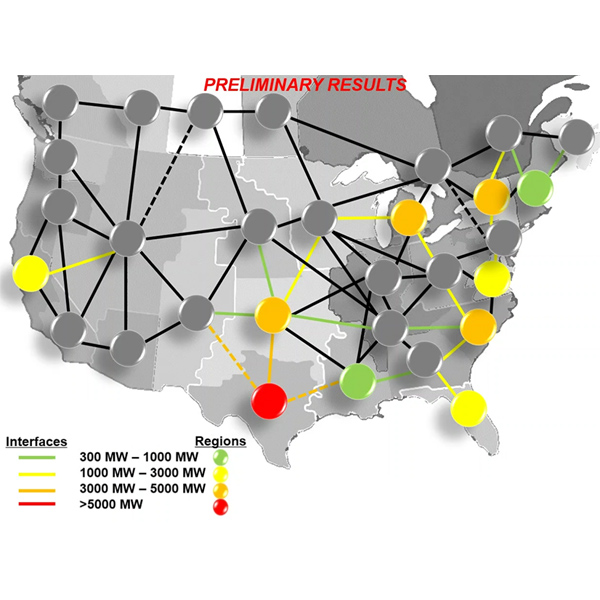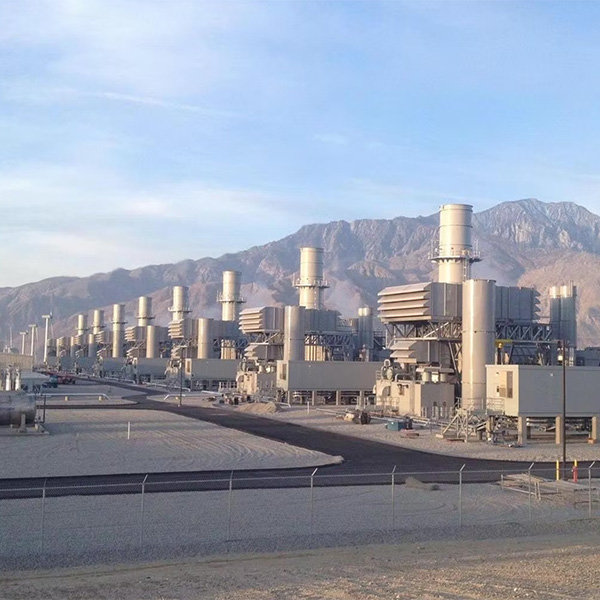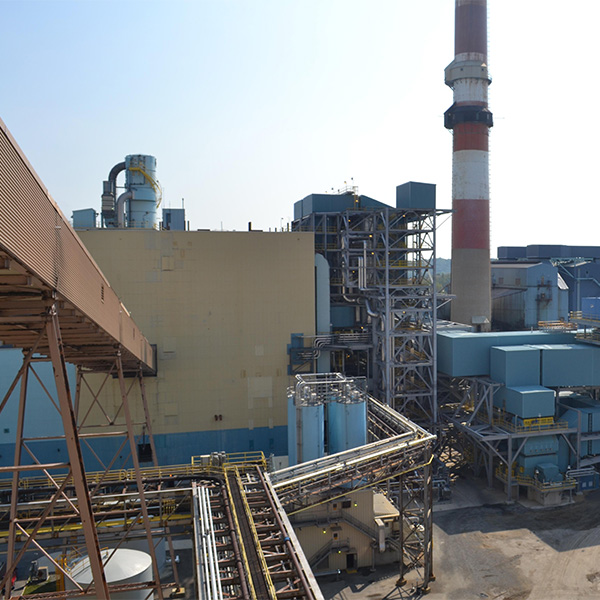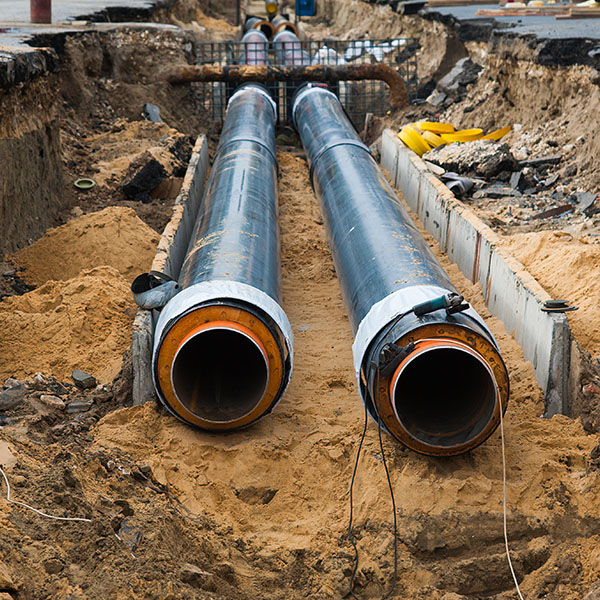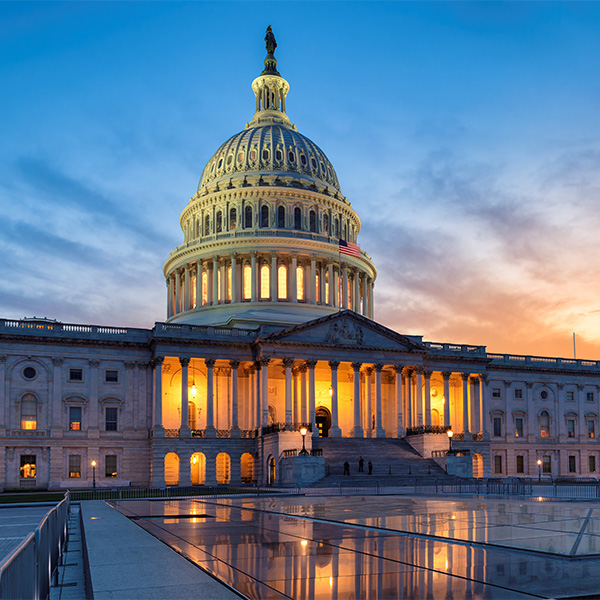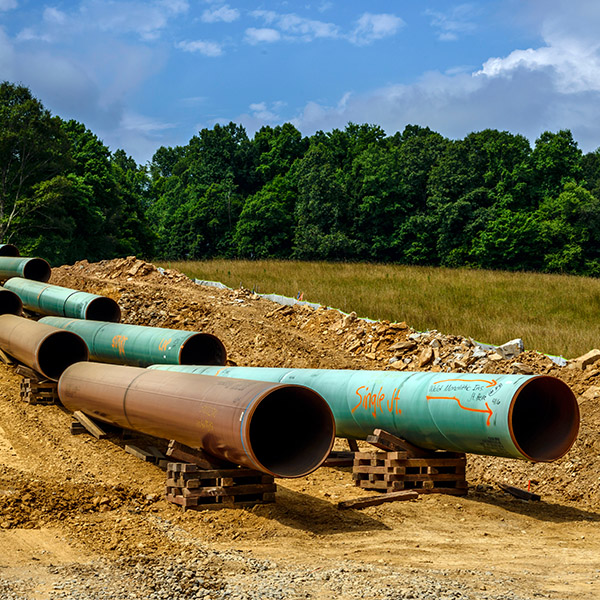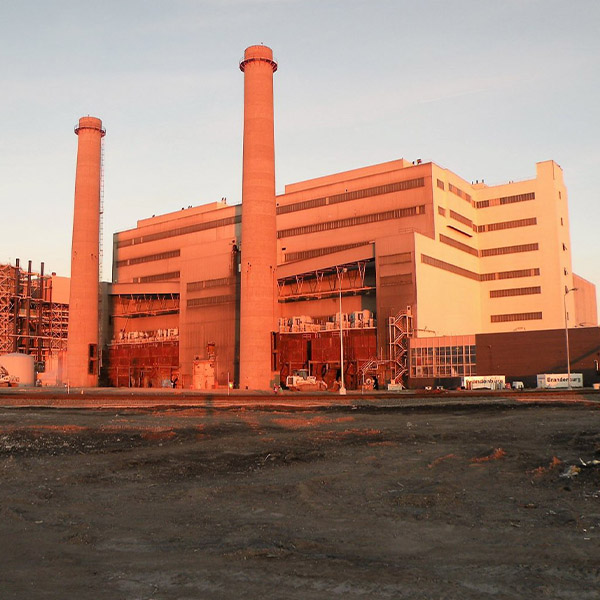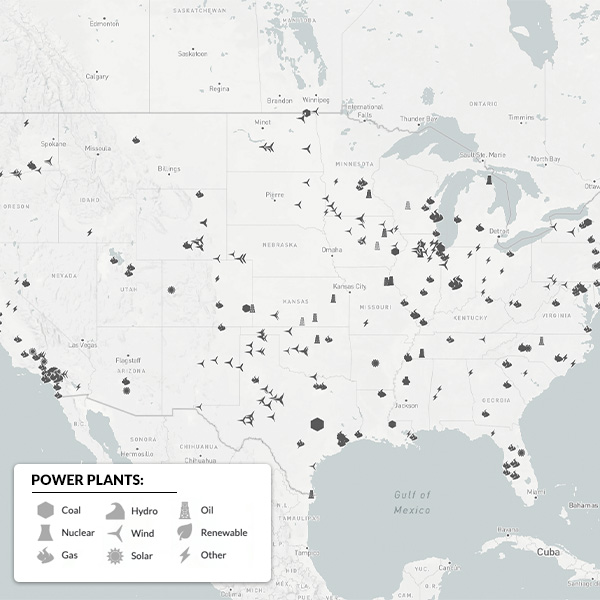Federal Energy Regulatory Commission
The Federal Energy Regulatory Commission is an independent regulatory agency that oversees the transmission of electricity, natural gas and oil in interstate commerce, as well as regulating hydroelectric dams and natural gas facilities.
The United Kingdom has found success with a cap-and-floor model for transmission where interconnectors to other countries are guaranteed minimum revenues, but return earnings over the cap to customers.
Flexibility will be a core attribute of the various scenarios and solutions being discussed to meet the snowballing estimates of U.S. electric power demand, says columnist K Kaufmann.
DOE is exceeding its authority by using Federal Power Act Section 202(c) to keep the J.H. Campbell coal plant in Michigan running under several consecutive “emergency” orders, opponents argued in recent court filings with the D.C. Circuit.
Data center developers’ imperative of speed to market not only stresses the power grid but also is felt on the ground as the giant facilities — often paired with onsite generation — spring up in neighborhoods overburdened by pollution.
Attendees at the gridCONNEXT conference, including the acting under secretary of energy and U.S. representatives, debated federal energy policy.
Citing growing demand for power and gas, FERC removed regulations that paused pipeline construction pending appeals after developers said it led to too many delays and costs.
Democrats introduced a FERC-heavy bill to control electricity costs, House Energy & Commerce Committee Republicans tout bills passed out of committee, DOE returns $13 billion and some details from the Dallas Fed survey.
Permitting reform legislation is starting to move through Congress, with a key House committee holding a hearing and supporters lobbying legislators, though actually passing a bill is tough in any political climate.
Three clean energy trade groups asked DOE to reconsider its recent report on resource adequacy, which they contend uses a deterministic approach to stake out a position for not retiring any more power plants in the face of rising electricity demand.
Industry experts say that while DOE's report points to a well known issue, it focuses only on keeping old plants online instead of needed new capacity.
Want more? Advanced Search
